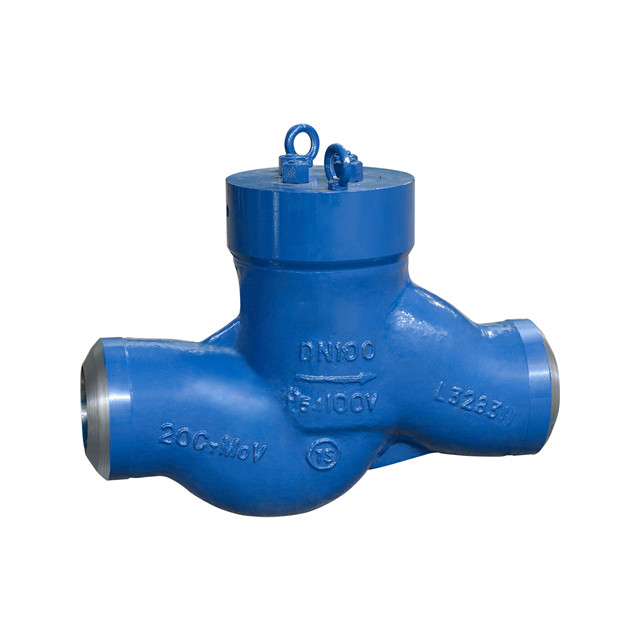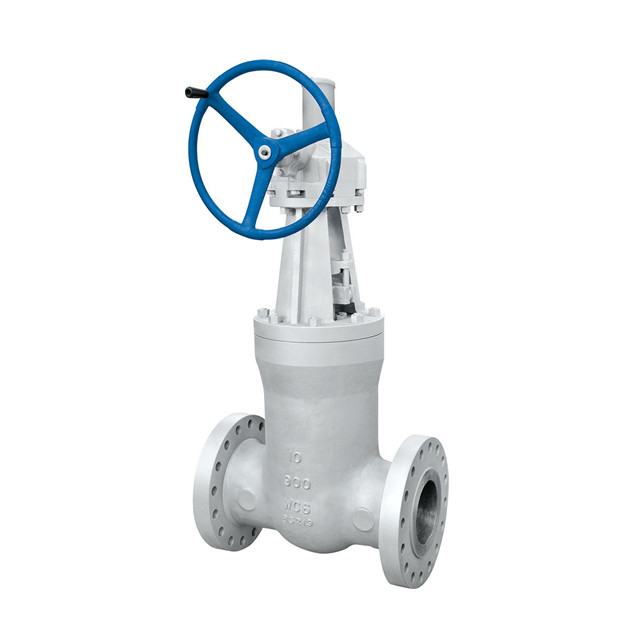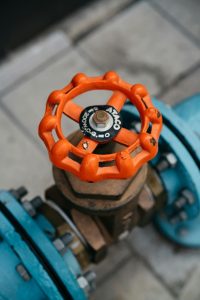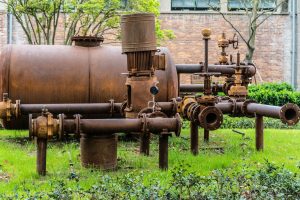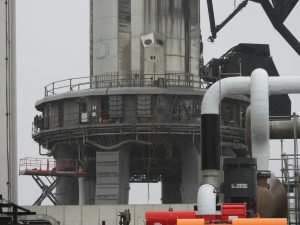Pressure seal valves are used in a wide range of applications, including power generation and refineries. They offer distinct advantages over conventional body-to-bonnet sealing mechanisms.
As internal pressure increases, the potential for leaks increases. Hence, it is important to choose valves that can withstand the stress of system operation. Also, valves are subject to fatigue and wear.
Pressure seal valves are best used in systems with a minimum of 500 psi. In addition, pressure-sealed valves require less maintenance, which makes them more economical.
Pressure seal valves are available in a variety of designs and materials, with many different pressure classes. These valves include lift check, swing check, globe, stop check, and catalytic reforming valves. The types of applications for these valves vary, but they are usually used in power industries. Some common uses are in pulp and paper plants, chemical plants, refineries, and steam generation.
Pressure seal valves are designed for high-pressure and temperature applications. These valves are generally rated at 900 to 2,500 pounds. Because of their design, they are able to maintain thousands of pounds of pressure in the system.
Workings of a Pressure Seal Valve
Pressure seal valves are designed for applications with high pressures. They use system pressure to make a seal, keeping thousands of pounds of pressure inside the valve. When this sealing process is ineffective, the valve can leak. A pressure seal valve is often used in critical power plant applications.
Pressure seal valves are designed to handle up to four thousand pounds of pressure. The seal works by using the system pressure to press the gasket and thrust ring together.
Forged steel pressure seal valves are preferred because they have greater long-term reliability. The higher-pressure design makes them a good choice for severe services.
Pressure seal valves are used in a variety of plant systems, including feedwater, main steam, and turbine bypass. They have several distinct advantages over conventional bolted body-to-bonnet sealing mechanisms. Here are some of the most important factors that affect the seal of a pressure seal valve.
Unlike a bolted bonnet valve, a pressure seal valve uses the pressure of the valve system to seal. This makes the valve more effective than other types of valves that tend to leak as internal pressure increases.
The most common material for a pressure seal gasket is steel. However, aluminum has also proven to be a substitute. Metal gaskets are not suitable for high-temperature service. If you need a replacement for a metal pressure seal, it is best to choose a flexible graphite gasket. It can be installed in most applications and does not require re-machining.
XINTAI Valve is one of the leading manufacturers of industrial valves. The company is headquartered in Wenzhou City, China, and has about 578 employees. It has been operating since 1998. They specialize in producing and supplying products to different markets. Their product lines include gate valves, swing check valves, cryogenic valves, antibacterial valves, and control valves.
The XINTAI Valve has six major product ranges, including casting globe valves, cast wedge valves, casting ball valves, and casting wedge check valves. Each of these product lines has its own nuances and distinguishable features. With its many years of manufacturing experience, XINTAI Valves is in a position to deliver products that are built to last.
